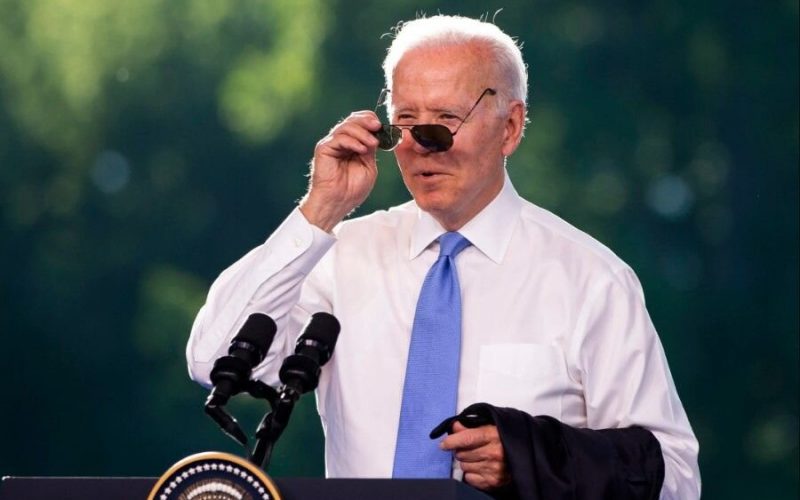The Biden administration faces several lawsuits, including one from the country’s largest business lobby, over a recent federal prohibition on most worker noncompete agreements. These groups argue that the ban negatively impacts the economy and establishes a concerning precedent for government overreach.
The lawsuits follow a 3–2 decision by the Federal Trade Commission (FTC) on April 23 to implement an almost complete prohibition on noncompete agreements. These agreements, signed by employees, restrict them from joining competitors or starting similar businesses.
“This decision sets a dangerous precedent for government micromanagement of business and can harm employers, workers, and our economy,” said Suzanne Clark, president and CEO of the U.S. Chamber of Commerce, which filed its lawsuit on April 23 in a Texas court, seeking to strike down the FTC’s near-total ban on noncompetes.
The FTC’s recently unveiled final rule categorizes these agreements as an “unfair method of competition,” asserting that the ban could increase worker earnings by as much as $488 billion over the next decade. Additionally, it’s anticipated to spur the formation of over 8,500 new businesses annually.
“Noncompete clauses keep wages low, suppress new ideas, and rob the American economy of dynamism, including from the more than 8,500 new startups that would be created a year once noncompetes are banned,” FTC Chair Lina Khan said in an April 23 statement announcing the new rule.
“The FTC’s final rule to ban noncompetes will ensure Americans have the freedom to pursue a new job, start a new business, or bring a new idea to market,” she added.
Critics of the ban, including certain lawmakers and business associations, contend that banning noncompete agreements represents excessive interference from Washington. They argue that it goes against the principles of federalism, restricts the freedom of employers and employees to engage in potentially beneficial agreements, and undermines competitiveness.
“The Federal Trade Commission’s decision to ban employer noncompete agreements across the economy is not only unlawful but also a blatant power grab that will undermine American businesses’ ability to remain competitive,” Ms. Clark said in a statement.
The U.S. Chamber of Commerce argues that noncompete agreements serve the interests of both companies and workers. They argue that these agreements protect investments in research and development while also encouraging workforce training.
The lawsuit from the group accuses the FTC of overreaching its authority, claiming it’s using an obscure provision of the Federal Trade Commission Act to justify banning noncompetes under the guise of combating “unfair methods of competition.”
Tax service firm Ryan LLC filed its legal challenge to the FTC rule on April 23 in a federal court in Texas. The company argued that the ban would “upend companies’ intellectual property protections and talent development and retention,” it also accused the FTC of overstepping its bounds and interfering unlawfully in free markets.
An FTC spokesperson denied the accusation of exceeding authority, stating that the agency is eager to present its case in court.
“Our legal authority is crystal clear,” FTC spokesperson Douglas Farrar said in an emailed statement, citing the FTC Act’s “unfair methods of competition” clause to justify the ban.
“This authority has repeatedly been upheld by courts and reaffirmed by Congress,” he added. “Addressing noncompetes that curtail Americans’ economic freedom is at the very heart of our mandate, and we look forward to winning in court,” Mr. Farrar continued.
Both Republican FTC commissioners, Andrew Ferguson and Melissa Holyoak, cast their votes against the rule. Additionally, the measure encountered resistance from several Republican members of Congress.
Share your thoughts by scrolling down to leave a comment.

